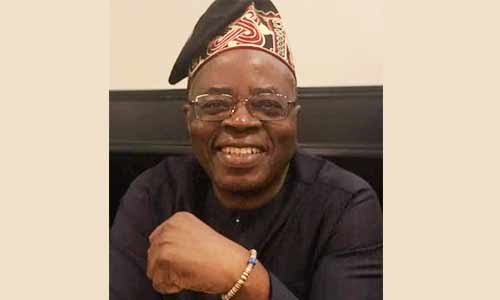He asserted that former President Muhammadu Buhari had failed woefully in tackling corruption, and he predicted that President Bola Ahmed Tinubu, the presumed successor, would fare even worse in this regard.
Professor Badejo highlighted his perspective on the matter, focusing on President Buhari's track record. He criticised the former president for his ineffective implementation of the UN anti-corruption strategy, pointing out that a committee appointed by Buhari had failed to deliver any substantial results.
However, he acknowledged that President Tinubu might excel in other areas based on his actions within the first month of his tenure but emphasised that the fight against corruption would not be one of his strong points.
While noting that President Tinubu had not explicitly addressed the issue of corruption, Professor Badejo expressed concerns about the president's emphasis on making judges and everyone comfortable.
He stressed that no country could truly be at ease without actively combating corruption. Nonetheless, he expressed hope that Tinubu might reconsider his stance on corruption in the future, wishing him well in his endeavours.
The professor further lamented the prevailing docility and tolerance of corruption among Nigerians, attributing the thriving corruption to their complacency.
He argued that successive administrations, including Buhari's, had not demonstrated a resolute political will to confront corruption head-on, resorting instead to mere lip service.
This lack of decisive action resulted in ineffective prosecutorial measures, selective trials, and superficial attempts to tackle corruption.
Despite acknowledging the possibility of a hasty conclusion, Professor Badejo cast doubt on the feasibility of President Tinubu achieving significant progress in the fight against corruption, even if he were inclined to do so. He believed that the prevailing objective realities would impede any substantial anti-corruption efforts.
The professor criticised the current state of affairs, which allowed certain individuals to remain immune to the law's reach based on their relationships or status.
To address this, he stressed the importance of top leaders, including the president, demonstrating their commitment to the anti-corruption war through personal examples of zero tolerance for corruption.
Professor Badejo's lecture shed light on the challenges facing Nigeria in its battle against corruption. His critical assessment of both Buhari and Tinubu serves as a reminder of the pressing need for a concerted effort to combat corruption effectively, ensuring that no one is above the law.



